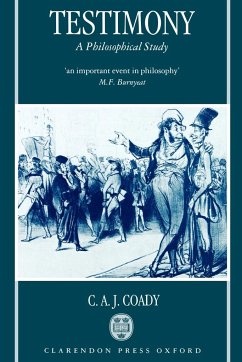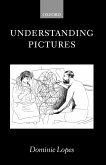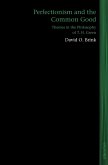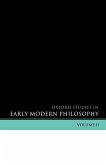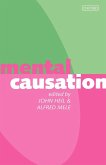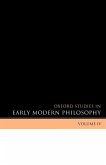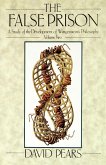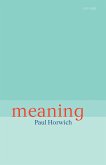The role of testimony in the getting of reliable belief or knowledge is a central but neglected epistemological issue. Western philosophical tradition has paid scant attention to the individual thinker's reliance upon the word of others; yet we are in fact profoundly dependent on others for a vast amount of what any of us claims to know. Professor Coady begins by exploring the nature and depth of our reliance upon testimony, addressing the complex definitional puzzles surrounding the idea. He analyses the tradition of debate on the topic in order to reveal the epistemic individualism which has given rise to an illusory ideal of 'autonomous knowledge', and to gain a deeper understanding of the issues. He concludes this part of the book by showing what a feasible justification of testimony as a source of knowledge could be. In the second half of the book the author uses this new view of testimony to challenge certain widespread assumptions in the fields of history, mathematics, psychology, and law.
Professor Coady begins by exploring the nature and depth of our reliance upon testimony, addressing the complex definitional puzzles surrounding the idea. He analyses the tradition of debate on the topic in order to gain a deeper understanding of the issues and to revel the epistemic individualism which has given rise to an illusory ideal of 'autonomous knowledge'. Avoiding such individualistic commitments, he concludes the first part of the book by providing a defense of testimony as a source of knowledge. In the second half of the book the author uses this new view of testimony to challenge certain widespread assumptions in the fields of history, mathematics, psychology, and law.
Hinweis: Dieser Artikel kann nur an eine deutsche Lieferadresse ausgeliefert werden.
Professor Coady begins by exploring the nature and depth of our reliance upon testimony, addressing the complex definitional puzzles surrounding the idea. He analyses the tradition of debate on the topic in order to gain a deeper understanding of the issues and to revel the epistemic individualism which has given rise to an illusory ideal of 'autonomous knowledge'. Avoiding such individualistic commitments, he concludes the first part of the book by providing a defense of testimony as a source of knowledge. In the second half of the book the author uses this new view of testimony to challenge certain widespread assumptions in the fields of history, mathematics, psychology, and law.
Hinweis: Dieser Artikel kann nur an eine deutsche Lieferadresse ausgeliefert werden.

